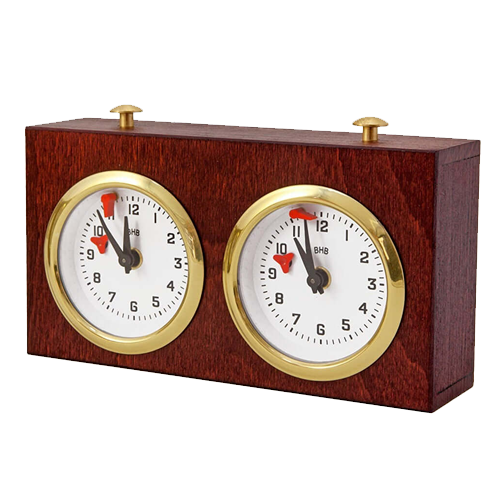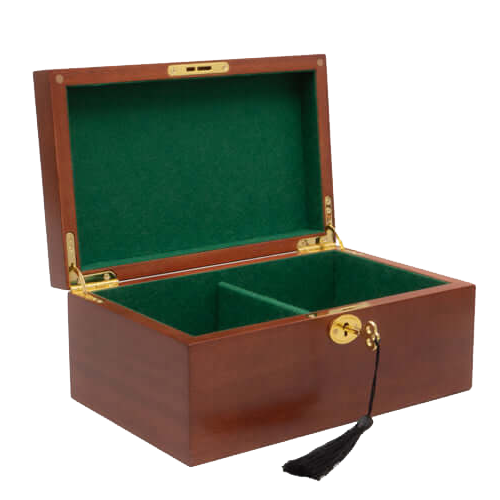Ghosts on the Chessboard
A while ago, I was sitting with a group of people around a chessboard when I heard someone exclaim: "Some people are so afraid of ghosts that they fail to see what's in front of them."
At the time, I simply nodded in agreement and continued about my day, but later that evening, when I got home, I pondered what they meant by this.
It dawned on me that they were making a very valid point about the shared experience that a lot of serious chess players will go through at some point in their lives. When they spoke of "ghosts", they didn't mean this literally, of course, but in the metaphorical sense.
Players are constantly visualising and plotting moves and counter-moves in their heads, figuring out every possible combination that might lead them into danger, before they even touch the piece on the board. A great representation of this is during the scene with Beth Harmon in The Queen's Gambit, imagining the chessboard on the ceiling as she plays out the moves in her head.
These imaginary battles can paralyse players, resulting in them unable to choose their next move because they're too pre-occupied with predicted outcomes. The end result is games that can go on for hours, or even days at a time!
One of the ways this can be combatted is by utilising a chess clock. Chess clocks, which come in both digital and analogue versions, allow players to agree on a set amount of time for a single game, and then take turns to press a button to indicate when they have finished their move. The first person to run out of their time loses the match, providing that the other player has enough pieces left to make a checkmate - if this is not the case, then it ends in a draw.
With a limited amount of time, this forces players to act quicker, resulting in shorter games. Whilst it's true that this will give rise to more mistakes, it takes away some of the burden of predicting the future and can lead to more manageable games.




Leave a comment